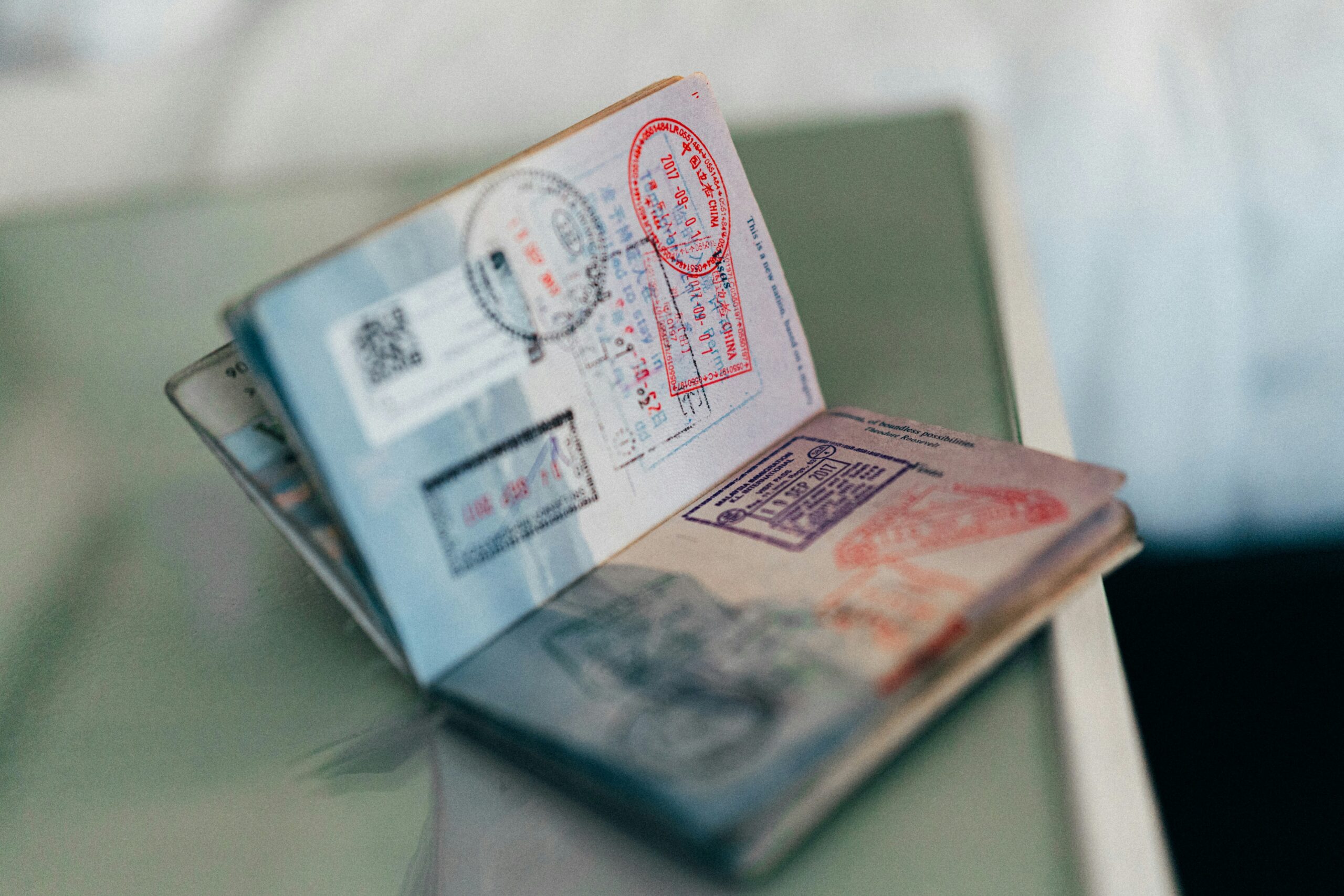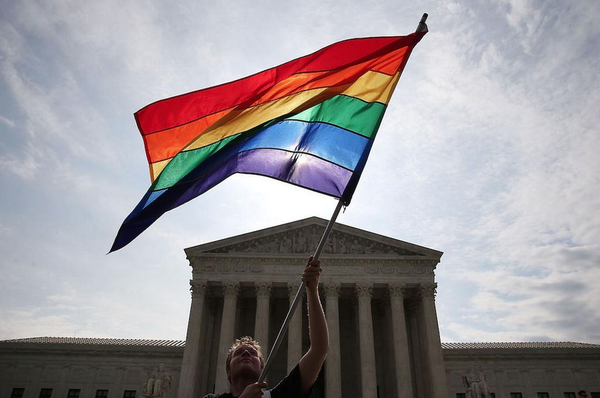Transgender and nonbinary Americans lose the right to self-identify on federal passports after a Supreme Court ruling. We share what those individuals need to do moving forward to protect themselves.
In a major setback for gender-identity rights, the Supreme Court of the United States has granted the request of the Trump administration to enforce a policy requiring that U.S. passports display the sex a person was assigned at birth rather than allowing transgender, nonbinary or intersex individuals to select a gender marker that reflects their lived identity.
In a brief unsigned order issued yesterday, November 6, 2025, SCOTUS stayed a preliminary injunction that had blocked enforcement of the policy, which stemmed from a Trump executive order issued early this year, which declared that federal identification documents — including passports — should reflect only the binary sexes “male” or “female,” as determined by sex at birth.
For the past 30 years — under both parties — transgender, nonbinary and intersex individuals could get passports that reflected their gender. Under the Biden administration, an X marker was added.
When a passport gender does not accurately reflect who the person is, it opens them up to embarrasment, harassment and danger. This policy forces individuals to be outed, TSA lines and border checkpoints become a threat, and simple hotel check-ins can become an overly complicated process.
What Transgender and Nonbinary Individuals Can Do Now
1. Check your current passport immediately
If your passport already lists your correct gender identity or “X” marker, it remains valid until its expiration date.
- You are not required to surrender it early.
- Make digital and printed copies of the ID page for your records.
- If it expires soon, renew as soon as possible under the current rules — some renewals may still be processed before full enforcement timelines roll out.
2. Document your gender marker history
If you previously held a passport or other federal ID listing your affirmed gender or “X” marker, keep all documentation. This paper trail can be important for:
- Legal challenges (current or future).
- Travel dispute resolution (if your appearance and passport mismatch).
- Future reinstatement if policies change again.
3. Understand the travel implications
When booking your travel:
- Book travel under the exact name and gender marker listed on your passport.
- Ensure your airline, hotel, and tour bookings match exactly — even one mismatch can cause security delays.
- Arrive to the airport extra early to allow for any delays caused by identification issues.
- Carry secondary ID (like a driver’s license) that more accurately reflects your identity when possible.
- Consider contacting LGBTQ+-affirming travel agents or organizations such as OutRight International, IGLTA, or TransTravelNow for additional guidance.
4. Know your rights at borders and airports
You have the right to:
- Request a private security screening.
- Ask for a same-gender or gender-neutral officer to conduct a pat-down.
- Decline invasive questions about your body or medical history.
If you experience mistreatment, document the incident and file a complaint through the TSA Civil Rights Office or U.S. State Department’s Office of Civil Rights.
5. Stay informed through trusted organizations
Policy and enforcement can shift quickly. Follow advocacy organizations that will issue real-time updates and legal resources, such as:
- Lambda Legal
- Transgender Law Center
- National Center for Transgender Equality (NCTE)
- GLAAD
Many are already preparing legal challenges and can guide individuals through appeals, renewals, or emergency travel needs.
6. If your safety or privacy is at risk, seek legal help
If being forced to travel with a document that outs you and/or places you in danger, contact:
- ACLU’s LGBTQ Rights Project
- Immigration Equality (for international travel or immigration-related risk)
- Transgender Legal Defense & Education Fund (TLDEF)
They can issue travel letters or assist with emergency documentation requests in some circumstances.
7. Remember: Your identity is still valid
No government document defines your gender, your love, or your worth. If you’re struggling emotionally with this rollback, reach out to queer-affirming mental-health resources such as The Trevor Project, Trans Lifeline, or LGBT National Help Center.
You are seen, you are loved, and your truth remains unchanged regardless of policy.












